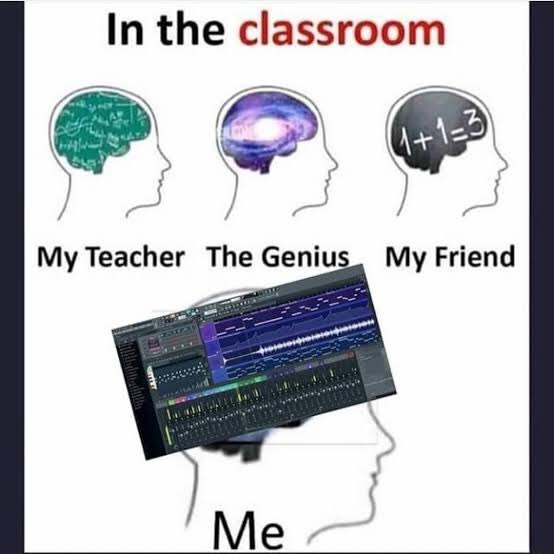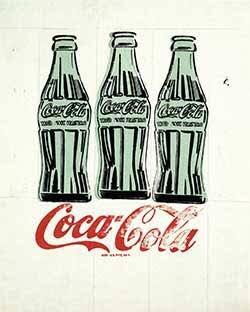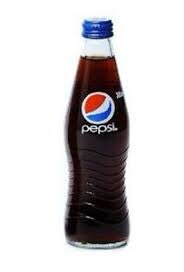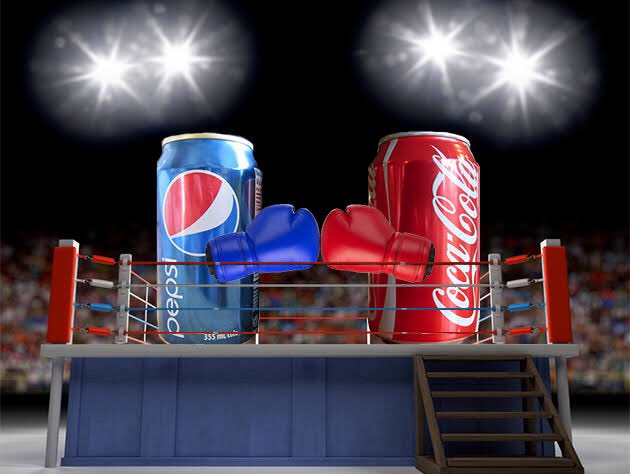
By popular demand. Its #IPThursday. This week we look a look at the IP issues surrounding the #JerusalemaChallenge. Can Warner Music sue the people who took part in it? 

The star of our story this week is Kgaogelo Moagi, but you probably know him by his stage name “Master KG”. Born on 31 Jan 1996 in a village close to Tzaneen in Limpopo, he is one of the biggest artists in South Africa. 

I had no idea he was this young, but then it me...96s are 25 this year 😭😭😭. Siyaguga.
Master KG started music where most producers and upcoming DJs start, on Fruity Loops. It sounds better when you call it FL Studio software. Anyways, Master KG continued with his passion for music and eventually he got signed by Open Mic productions. 

Clearly talented, he continued to push his music whilst focusing on his studies and his big break came soon thereafter. In 2018, he released his debut album “Skeleton Move” with the song of the same title. 

Who can forget this hit single. Skeleton Move launched Master KG to stardom, but mostly in South Africa. He went from a highly rated artist in Limpopo to one of the biggest stars in SA. Who can forget how Skeleton Move really made December 2018. What a jam!
Anyways, better was soon to come from Master KG. The following year, in November 2019 he released the song Jerusalema featuring Nomcebo. And it was a hit, for the second December in a row, Master KG had his foot on our necks.
Jerusalema was a big hit in SA, don’t believe the people that say it was “slept on”, no, it was played everywhere! A huuuge hit. Its a typical house beat thats easy to dance to (for those that can) and Nomcebo brings the smooth vocals.
Moreover, the lyrics are those of a gospel song, which explains why a lot of parents loved the song too. It was the perfect mix between Groove and Church. You could listen to it at the shebeen on Saturday night and on your way to church on Sunday morning. 

If Master KG thought Skeleton Move was big, he had no idea what was coming. When Jerusalema was released, it got positive reviews and it surpassed 1 million views on YouTube within the first week.
Master KG then promoted the song in Europe, he was determined to prove that this is not just “Tavern music”. Soon thereafter, a few artists in Europe started recording covers of the song and it went viral worldwide. And of course, money started rolling in.
Even Cristiano Ronaldo, the 2nd best footballer in the last 10 years, uploaded a video with the song playing. CR7 has 260million people following him on Instagram, so you can imagine how the plays went up.
After the success of the song and the album, he signed for Warner Music Group, who now hold rights to the album worldwide and it is here where our story goes legal... 

In the beginning of 2020, just before the COVID-19 pandemic ( it feels like years ago now). A group of friends from Angola came up with a dance routine as they were listening to the song. This looks simple, but for some of us with two left feet, it can be difficult.
Given that the song was viral, the dance became a challenge, the #JerusalemaChallenge. For those who don’t know what a challenge is, welcome to the 21st century 😂😂😂.
Someone comes up with something and challenges everyone else to participate. There’s a huge sense of accomplishment and a joy in being part of a community with these challenges, especially during a Panashe (Pandemic) well....thats what I think. Anyways, I digress.
Thousands of people around the world started uploading videos of themselves doing the challenge. Its an easy challenge, you simply do the dance in a group with the song playing in the background. Even President Ramaphosa encouraged the country to do the challenge on Heritage day
All of this with the song playing. This part is key. I’m sure most of us know how IP in music works but I’ll briefly explain. Musical works are protected via Copyright protection. Once you’ve recorded your song, copyright will be born in it automatically. Voila!!
This means that you can enjoy the rights, profits and use of the song to the exclusion of all other people. No one, unless they have permission from the owner, can use the song. So if you hear a song playing in a movie or advert, they have probably asked for permission and paid.
There are a few instances where you don’t have to ask for permission to use a song for anything and one of these is something we call fair use. Fair use is a defense you can raise when you use someone else’s copyrighted work without permission. Pay attention now....
There is no set definition for what is fair use. But not all use is copyright infringement. For example, non-profit use, parody or comedic relief and sometimes even news reporting, wouldn’t be infringement. This use would be deemed to be “fair”.
So lets turn back to our story and the news that has rocked the world over the last 24 hrs. Warner Music is apparently suing people for using the song without permission or paying royalties to them and Master KG.
Obviously, this has left thousands who participated in the challenge and posted it on social media in a state of panic and confusion.
Well, this is how I think it will go. You see, there are two very distinct groups of people who did the challenge.
Group A- who did it for fun with their friends, colleagues, family and simply uploaded it for laughs and giggles.
Group B- who did it and then proceeded to advertise their business and what they do on the video.
Group B- who did it and then proceeded to advertise their business and what they do on the video.
If you fall under Group A, you are safe and its not likely that Warner will send you a letter of demand in your DMs. You can possibly argue that it was fair use as it was non-profit use. However, this is not 100% safe and I’ll explain why in a bit.
If you fall under Group B, then you most likely need to start praying to God, your ancestors, Jah Jah or whatever you believe in. If you fall in this group, I also know a good sangoma in Jhb CBD who can help out. 

This is commercial use of a copyrighted work and it is what Warner Music is specifically targeting. Also, this would not be protected by the fair use defence.
The purpose of the Use is to advance profit and that cannot be allowed. Even if it was small ad. You essentially ran an ad without paying Royalties for the song.
Just one last note on Fair Use....not every country recognises it. For example, Fair Use is well established in the US while in South Africa, we are still debating whether we need it. That is why I say Group A isn’t 100% safe.
There is an element of biting the hand that feeds you with this one from Master KG and Warner Music. Without the dance challenge, the song may not have gotten as big as it did. So for then to try and profit further feels a bit off. That explains the outrage from people online.
The difficulty here is distinguishing between commercial use and non-commercial use. The margins are very fine. Most people probably don’t know that they have made commercial use of something until they get slapped by a letter of demand. Well here’s a hint....
The moment you seem to be endorsing your business, or promoting any stream of incoming, then thats commercial use. Easy example of commercial use is the below from Austrian airlines. They did the challenge and slapped their trade marks and slogan onto the video.That is commercial
Big Lesson: In the age of video editing, Tik Tok and all these challenges, always be careful how you use other people’s intellectual property. If its a song, someone has rights to it, and that gives them the right to ask you to pay them for using it!!! ❤️💛💚 

Also, my sister in IP Law @BrendaMatanga wrote a brilliant article on this!!
bmatanga.com/the-jerusalema…
bmatanga.com/the-jerusalema…
Also the latest EP of @6ftweights is up!
• • •
Missing some Tweet in this thread? You can try to
force a refresh














